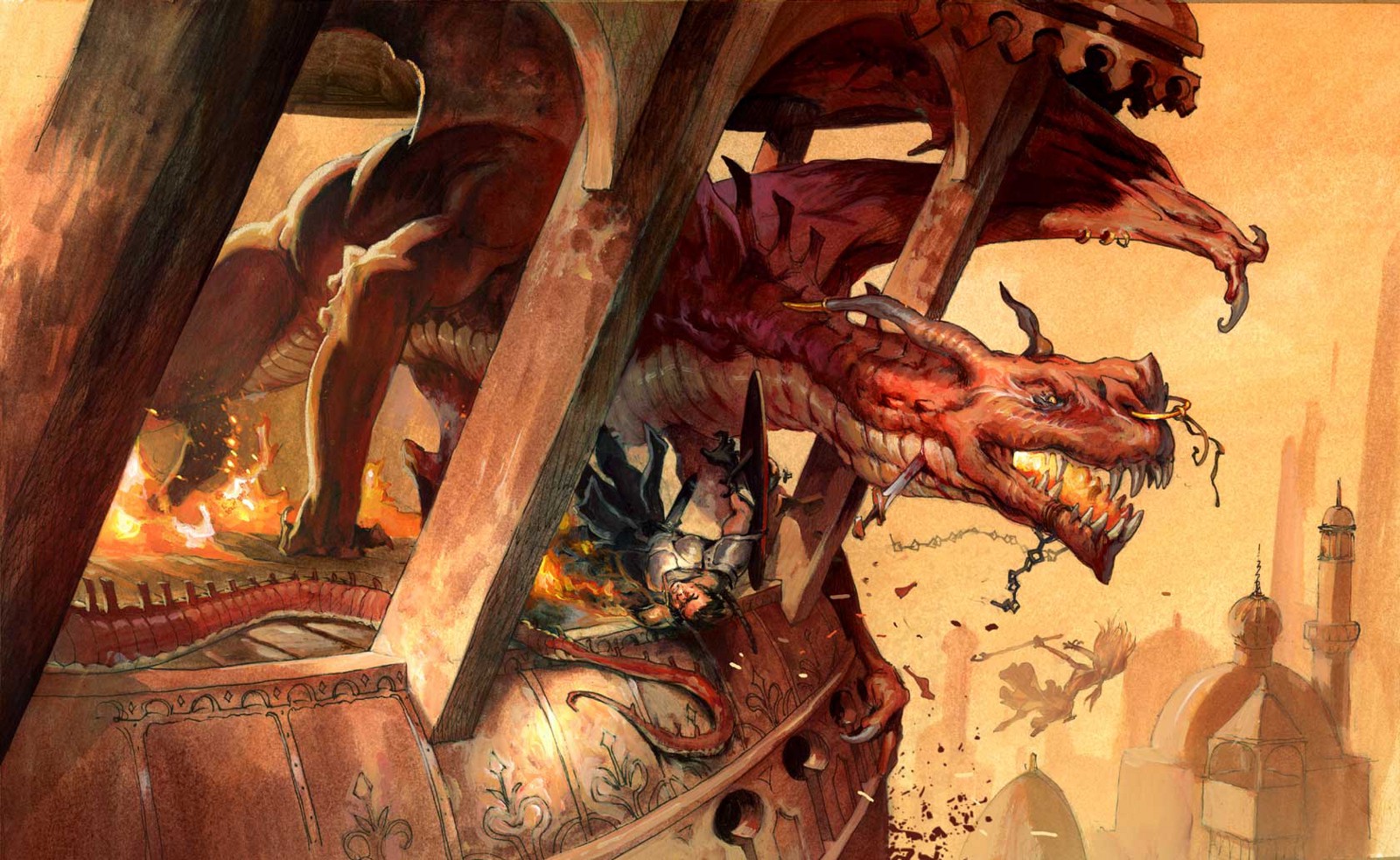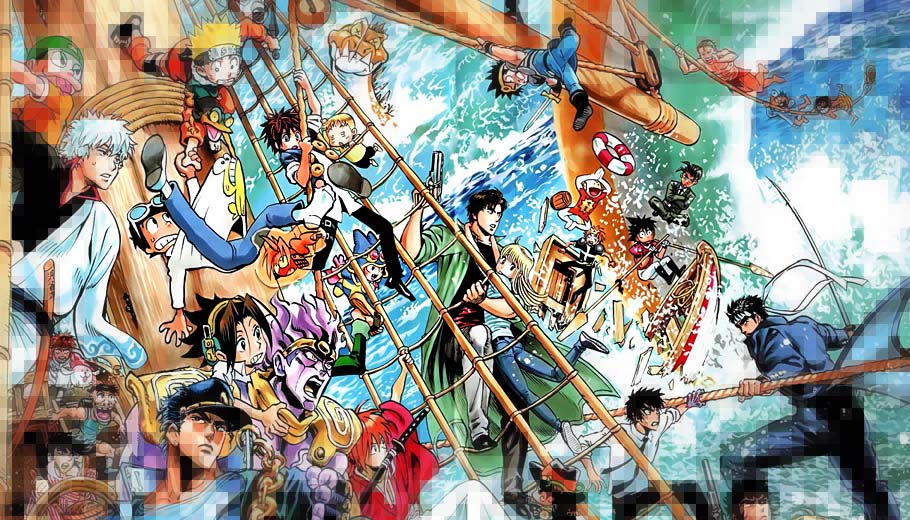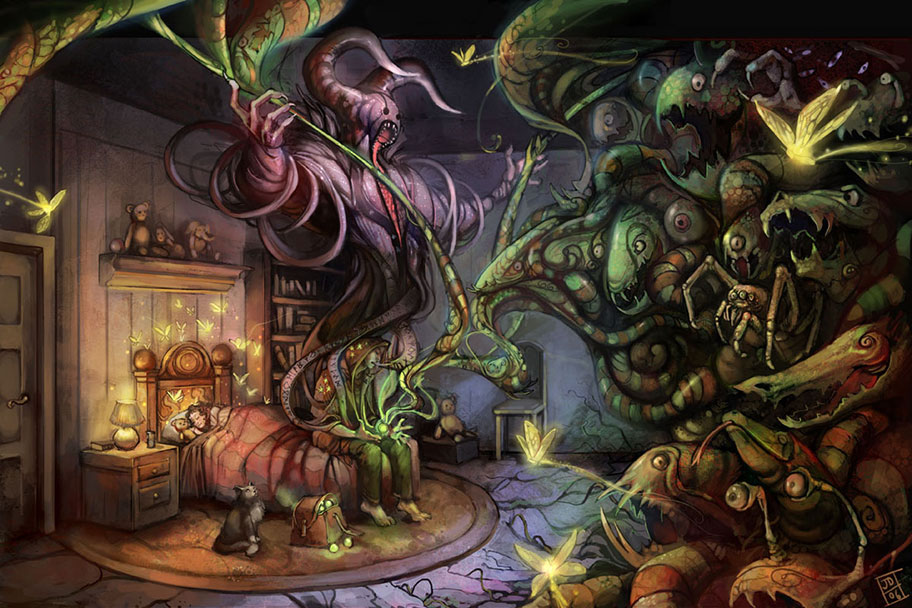In the world of tabletop fantasy roleplaying games, Pathfinder needs no introduction. Spawned from a group of developers seeing opportunity in the RPG space after the release of the 4th Edition of Dungeons & Dragons, Pathfinder — using the beloved Dungeons & Dragons 3.5 Edition ruleset — has become one of the most popular RPGs in the world in just six short years.
Set in Golarion, a sprawling world with so much depth that even the most jaded fantasy reader is sure to find something that interests them, Pathfinder is so much more than just a tabletop RPG — it’s a setting for some of the best Sword & Sorcery novels being published today. With names like Tim Pratt, Max Gladstone, Liane Merciel, and Howard Andrew Jones attached, the Pathfinder Tales line of novels offers great adventure, magic, and pedal-to-the-metal action from some of fantasy’s most exciting writers.
So, I caught up with James L. Sutter, Executive Editor for Paizo Publishing and a co-creator of the Pathfinder Roleplaying Game, to chat about Pathfinder, being a novelist, building a world, and encouraging gamers the world over to become storytellers in their own right. Read More »
I’ve read an awful lot of fantasy, and watched an awful lot of anime, and both canvases are incredibly broad and notoriously hard to characterize.
When first discussing this essay, comparing and contrasting the traditional hero narrative in fantasy fiction and anime, with my friend Casey Blair, I found myself in a bit of difficulty. I’ve read an awful lot of fantasy, and watched an awful lot of anime, and both canvases are incredibly broad and notoriously hard to characterize.
Fantasy, after all, includes classics like Lord of the Rings, heroic secondary-world epics like The Wheel of Time, wainscot fantasy like Harry Potter, and the magical realism of The City & The City, covering sub-genres like urban fantasy and steampunk in between. It’s very hard to write a coherent comparison that covers both C.S. Lewis’ The Chronicles of Narnia and Max Gladstone’s Three Parts Dead, for all that we shelve them in the same genre.
Similarly, anime is unbelievably diverse, more so than all but the most hardcore of fans realize. (Because the US translation companies skim the cream of the crop, picking the hit shows and often passing over the stuff with less broad appeal.) From staples like Dragonball, Sailor Moon, or Naruto, anime goes all the way to Revolutionary Girl Utena (which is so symbolic as to be almost abstract) and Non Non Biyori (which is about a bunch of girls in a rural village chatting about nothing in particular). It includes every genre of speculative fiction we have in the US, and some we don’t. Read More »
“You can’t deny myth. It’s too powerful. You have to embrace it.”
I didn’t come to writing through literature and creative writing courses. I was a singer and then a lawyer before I turned to writing. I had an instinctive sense of what was satisfying, (and really writing is about telling a story you’d like to read), but actually analyzing how you make something engaging and emotionally satisfying is a long process, and you never stop learning. This little essay on myth represents where I am in the journey of learning and refining upon which I’ve embarked.
So how did this musing about myth and to some degree fairy tales all start? It was because of a movie script and a video game.
I’ve been writing a movie for Universal Pictures based on the Wild Card books that I co-edit with George R.R. Martin, and there’s a father/son situation in the script. My protagonist was a man trying to live up to the legend of a deceased father and this shows up on about page three of the script. The world is filled with images and comments about this father. Ultimately my hero discovers his father’s not dead, and then I had to figure out how Frank was going to react emotionally. What would he actually do? Read More »



